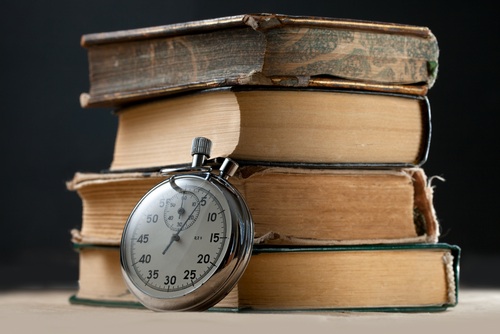I have long observed that the skill of writing well requires that one is well read, as in someone who is, "knowledgeable and informed as a result of extensive reading." Caliber begets caliber, so to speak.
A writer friend of mine, who has read capaciously from "the classics," recently posed the question: "Why am I not hanging out with the likes of Oscar Wilde, or Felix J. Palma? Where are they today?"
I, too, wish I were surrounded by the Lake District poets. In truth, much of the contemporary poetry that I've read, including rhyming verse, tends to feel unapologetically unfinished, and wantonly so.
I'm not talking about the occasional typo or misspelling, of which I, too, have been guilty. No, what I'm trying to point out here is the absence of that fiery impetus to excel which breeds masterpieces.
But then, how could it be otherwise, considering that most students receive only the barest blush of instruction in writing according to canon? Where can one learn this, apart from reading masterworks?
Whenever I read a piece that, by all appearances, was dismissed as "good enough," I feel cheated. The image of a wrench comes to mind with which to tighten it, or a hammer to flatten out the bumps.
You can judge the merits of a writer's work by their mentors, or their lack of. For instance, Picasso was so well trained in the rules of painting that he knew intrinsically how and where to break them.
Our libraries are teeming with myriad brilliant mentors who's "tried and true" works wait patiently to instruct and to inspire all would be writers. I found my mentors there, and I've avidly studied them.
When I sense that a poem I am composing is not yet the absolute best that I am capable of, it grieves me. And, it should. So, I keep my mentors handy, consult with them often, and I strive for ...
Excellence!
Image: bookriot,com

 RSS Feed
RSS Feed